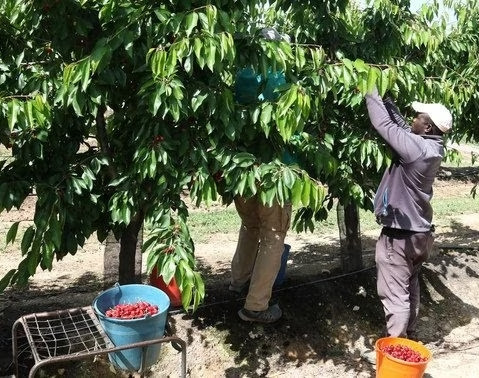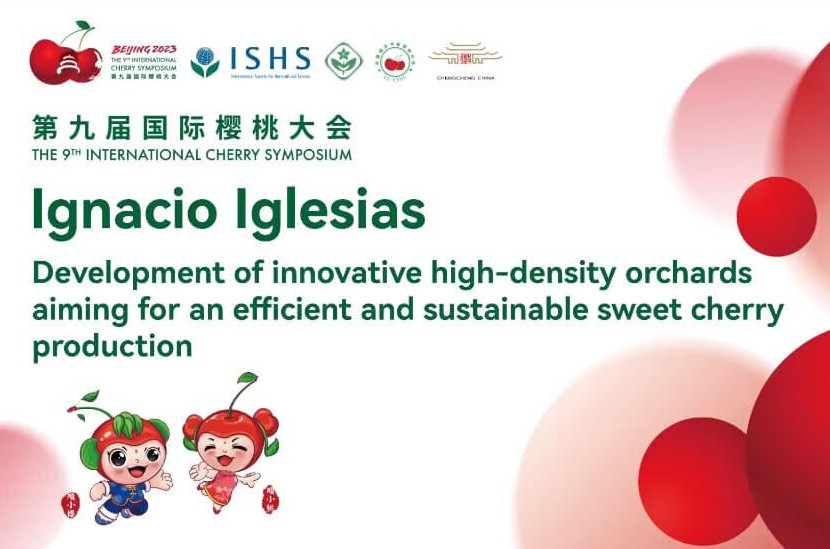The productivity and quality of cherries are increasingly put at risk by the unpredictable and adverse effects of climate change. On the one hand, late frosts damage the cell structures of flowers and fruit, leading to the death of the affected tissues. On the other, heavy rainfall and high humidity levels can lead to the onset of cracking, of which each variety has a different degree of susceptibility but can still affect 100% of the fruit in the orchard.
It is therefore important to think, test and apply all possible mitigation strategies. Certainly, genetic improvement can play an important role, leading to the creation of new cultivars that are adapted to the local conditions of each growing area. To increase plant tolerance to late frost, various strategies have been tested and employed on cherry trees such as overhead irrigation, frost candles and cover structures.
Chemical treatments such as ethylene inhibitors, cellulose nano-crystals and putrescine have also shown encouraging results. Strategies such as plastic covers, edible fruit coatings and biostimulants are used to try to reduce the occurrence of cracking.
Thus, there are a variety of techniques, most of which have only been developed for one or the other problem. But what if it were possible to use a single solution to act effectively against both? Melatonin is a natural elicitor that is synthesised in all plants and supports the plant's natural defences against a wide spectrum of biotic and abiotic stresses.
Melatonin is also known for its health benefits and its content is particularly high in sour cherries, while in sweet cherries it is more moderate. The aim of the study conducted by the post-harvest group of the University Miguel Hernández (Orihuela, Spain) and the Valencian Cooperative Mas de Roc was to find out whether melatonin can be used as a control measure against late frost and cracking.
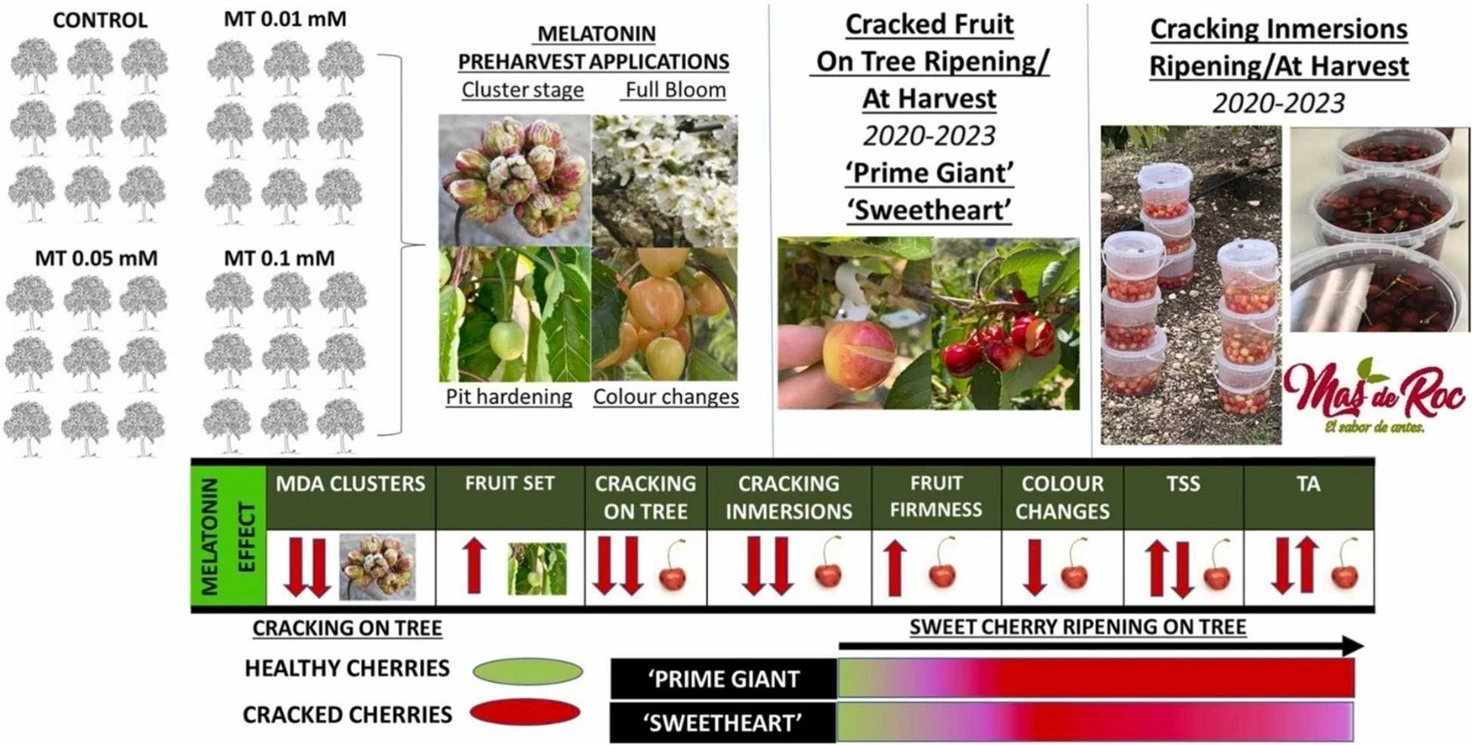 Image 1: Experimental methodology adopted. Source: Ruiz-Aracil et al., 2024.
Image 1: Experimental methodology adopted. Source: Ruiz-Aracil et al., 2024.
The study lasted 4 years (from 2020 to 2023) and focused on the cultivars ‘Prime Giant’ (early-ripening variety) and ‘Sweetheart’ (late-ripening variety). The results showed in general that pre-harvest foliar application of melatonin led to a significant reduction in oxidative stress induced by low temperatures.
However, when the late frosts were particularly pronounced (rate of damaged pistils between 90 and 98%), the effect on the flowers did not show any noticeable effect, although a weak positive effect on the fruit set rate was noted in the melatonin-treated fruit.
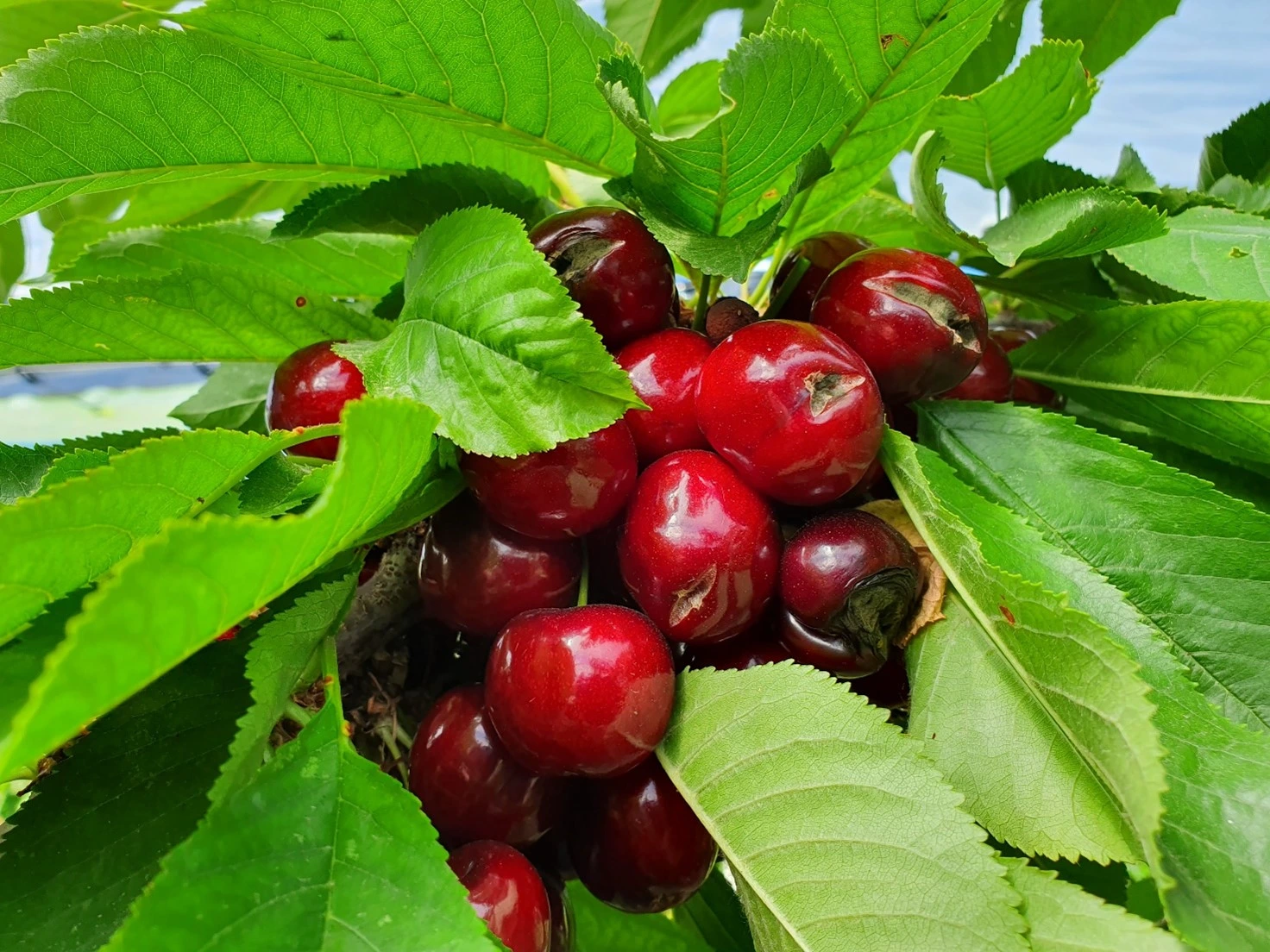 Image 2: Apical cracking on Prime Giant.
Image 2: Apical cracking on Prime Giant.
Melatonin applications have also been shown to be effective in reducing the rate of cracking (up to -80%), but it must be emphasised that the effectiveness of melatonin can vary depending on the number of treatments applied, the concentration of the treatment, and above all the seasonal rainfall pattern.
In fact, during low rainfall seasons, a strong effect on the percentage of cracked fruit was not seen. And what are the effects on quality? In some years, it led to an increase in flesh firmness and an increase in fruit colour, while it did not affect the soluble solids content or titratable acidity.
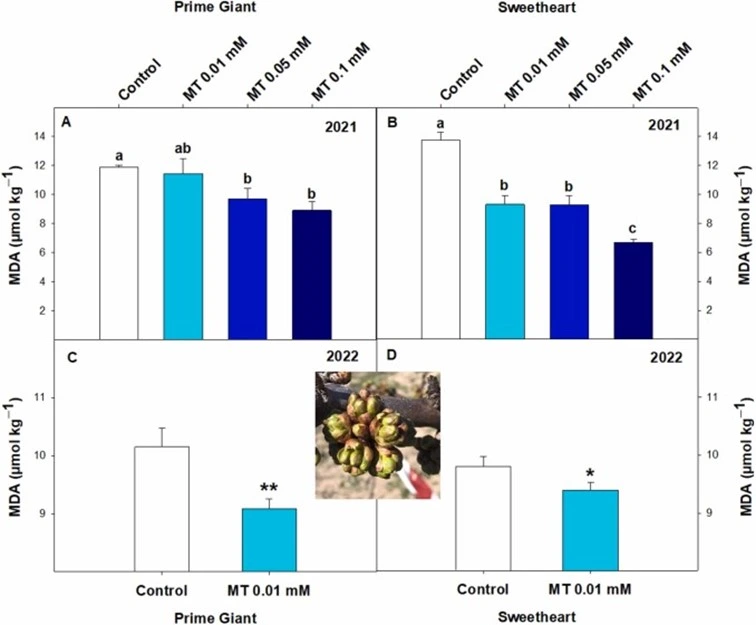 Image 3: (A, C) MDA content (µmol kg−1) in the 'Prime Giant' cultivar and (B, D) in the 'Sweetheart' cultivar within flower buds treated with melatonin (0.01, 0.05, and 0.1 mM) compared to control samples in 2021 and 2022. The data represent the mean ± standard error (n=3). In 2021, different lowercase letters indicate significant differences (p < 0.05) among treatments within each cultivar. In the 2022 study, significant differences between melatonin-treated and control samples for each cultivar are marked with an asterisk (Student’s unpaired t-test; *p < 0.05, **p < 0.01, NS: non-significant). Source: Ruiz-Aracil et al., 2024.
Image 3: (A, C) MDA content (µmol kg−1) in the 'Prime Giant' cultivar and (B, D) in the 'Sweetheart' cultivar within flower buds treated with melatonin (0.01, 0.05, and 0.1 mM) compared to control samples in 2021 and 2022. The data represent the mean ± standard error (n=3). In 2021, different lowercase letters indicate significant differences (p < 0.05) among treatments within each cultivar. In the 2022 study, significant differences between melatonin-treated and control samples for each cultivar are marked with an asterisk (Student’s unpaired t-test; *p < 0.05, **p < 0.01, NS: non-significant). Source: Ruiz-Aracil et al., 2024.
In conclusion, the best results were obtained with the application of reduced doses of the product, although the values varied from year to year. Melatonin is seen as a promising technique against climate change-induced stresses, but research on the subject must continue.
Source: M.C. Ruiz-Aracil, J.M. Valverde, A. Beltrà, J.M. Lorente-Mento, A. Carrión-Antolí, D. Valero, F. Guillén, Enhancing sweet cherry resilience to spring frost and rain-induced cracking with pre-harvest melatonin treatments, Current Plant Biology, Volume 40, 2024, 100388, https://doi.org/10.1016/j.cpb.2024.100388.
Images: Ruiz-Aracil et al., 2024; SL Fruit Service
Melissa Venturi
University of Bologna (IT)
Cherry Times - All rights reserved








